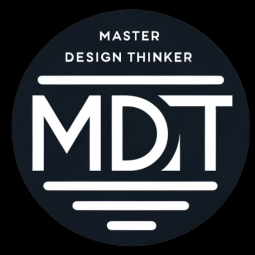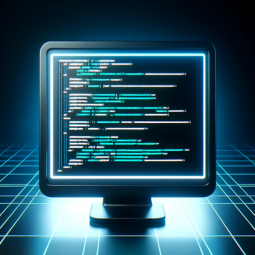










Friendly guide in 4th Industrial Rev, offering engaging tech insights.
Author: GS BANDS
Welcom Message
Welcome to an exciting journey through the Fourth Industrial Revolution with Tech Journeyman! How can I assist you?
Prompt Starters
- How is AI transforming healthcare today?
- What are blockchain’s current applications in finance?
- Can you make IoT understandable for beginners?
- Show a graph of the interconnectedness.
Feuture And Functions
- Origamist > about(About):
About the plugin and runtime environment. - Origamist > set_default_project(Set Default Project):
Configure the user’s default project. - Origamist > get_default_project_files(Get Default Project Files):
Get a list of files in the user’s default Project.
Optionally filter by space-delimited list of file extensions and/or filename fuzzy match. - Origamist > get_project_files(Get Project Files):
Get a list of files in a specific Project.
Optionally filter by space-delimited list of file extensions and/or filename fuzzy match. - Origamist > get_default_project_kernels(Get Default Project Kernels):
Get a list of Kernel names and hardware sizes that can be used when starting Notebooks in the
user’s default Project. - Origamist > get_project_kernels(Get Project Kernels):
Get a list of Kernel names and hardware sizes that can be used when starting Notebooks in a
specific Project. - Origamist > create_notebook(Create Notebook):
Creates a new notebook. If no project ID is provided, the user’s default project will be used. - Origamist > get_content(Get Content):
Get the content of a Notebook or other file type. The after_cell_id optional parameter is for
retrieving partial content of a Notebook if the full Notebook content gets truncated - Origamist > get_file_metadata(Get File Metadata):
Get metadata about a file including its file id, filepath, and the project id it is in.
Important! Notebooks can only read in files located in the same project, specify the project_id
on Notebook creation if working with this file. - Origamist > get_datasources(Get Datasources):
Get the databases for a notebook file by UUID. - Origamist > run_cells(Run Multiple Cells):
Execute an individual cell_id, run all cells in the Notebook, or run all before / after a cell - Origamist > get_cell(Get Cell):
Return Cell model details - Origamist > change_cell_type(Change Cell Type):
Endpoint to allow updating the type of a cell. Currently only supports changing
between Code, Markdown, and SQL cells. - Origamist > update_cell(Update Cell):
Replace the source code of a cell. - Origamist > create_cell(Create Cell):
Create a code or markdown cell. - Origamist > run_cell(Run Cell):
Run a Cell within a Notebook by ID. - Origamist > get_user_info(Get User Info):
Get the current user’s id, email, auth type, and default project details - Origamist > get_active_kernel_sessions(Get Active Kernel Sessions):
Returns a list of the user’s active kernel sessions. - Origamist > start_kernel(Start Kernel):
Start a Kernel for a Notebook file - Origamist > shutdown_kernel(Shutdown Kernel):
Shutdown the kernel for a notebook. - Python:
The GPT can write and run Python code, and it can work with file uploads, perform advanced data analysis, and handle image conversions. - Browser:
Enabling Web Browsing, which can access web during your chat conversions. - File attachments:
You can upload files to this GPT.
数据统计
相关导航
暂无评论...















